There’s an undeniable overlap between the worlds of rock-and-roll frontmen and NBA point guards. Both are positions that demand charisma, improvisational genius, and a rare combination of style and substance. They’re the ones we watch most closely - the creators of chaos, the orchestrators of moments that leave us breathless. Comparing the two might seem arbitrary, but it’s really just a way to explore the peculiar mechanics of cultural magnetism. Let’s dig into how some of the most iconic frontmen align with some of the greatest NBA point guards of all time.
Mick Jagger = Magic Johnson
This one feels almost too obvious. Mick Jagger and Magic Johnson are both larger-than-life personas who command attention with every movement. Jagger struts across a stage like he owns it —because he does — turning arenas into his personal playground. Magic’s no-look passes and uncanny court vision exude the same energy; he’s always two steps ahead, orchestrating the game as if he’s already seen the final score. Both men embody a particular type of charm: playful yet professional, audacious but precise. Whether it’s Jagger's infamous chicken dance or Magic’s smile that could melt a glacier, they’re maestros of their respective crafts, always in control of the chaos they create.

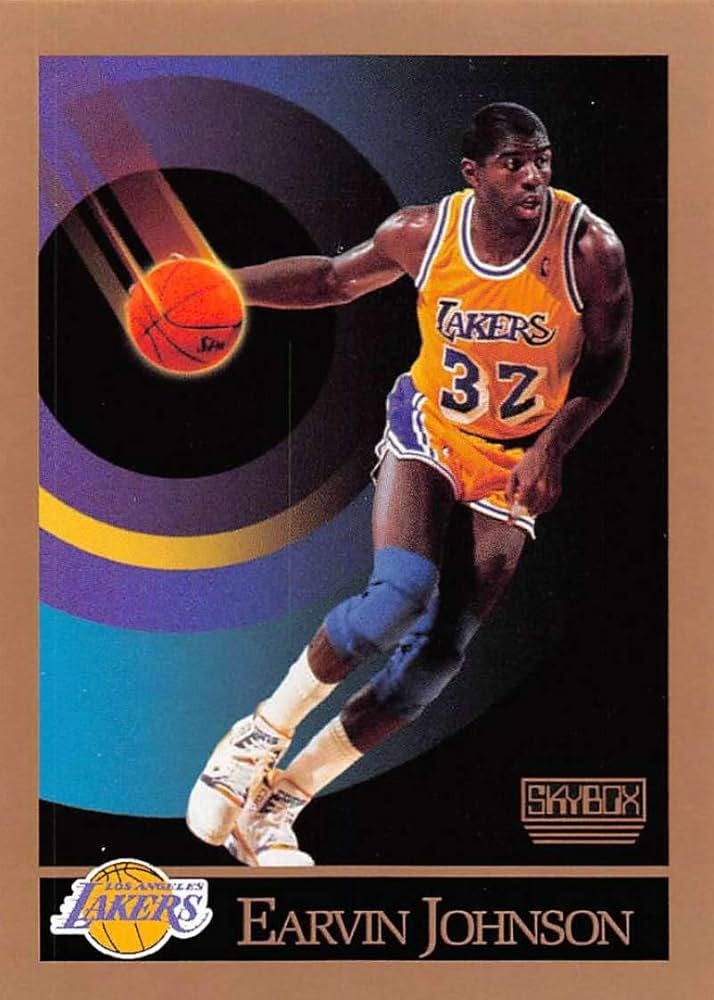
Steven Tyler = Allen Iverson
Steven Tyler and Allen Iverson aren’t just stars - they’re fireballs of energy and rebellion, perpetually on the brink of combustion. Tyler’s stage presence is pure anarchy, with his scarves, high-pitched screams, and relentless movement, while Iverson’s crossover dribble is a controlled explosion, breaking ankles and leaving defenders in the dust. Both men are scrappy underdogs who defy expectations. Tyler wasn’t supposed to make the toxic excess of Aerosmith work as long as he did, just like Iverson wasn’t supposed to dominate a league built for giants. They both represent raw, untethered energy — chaotic, unpredictable, and impossible to ignore.
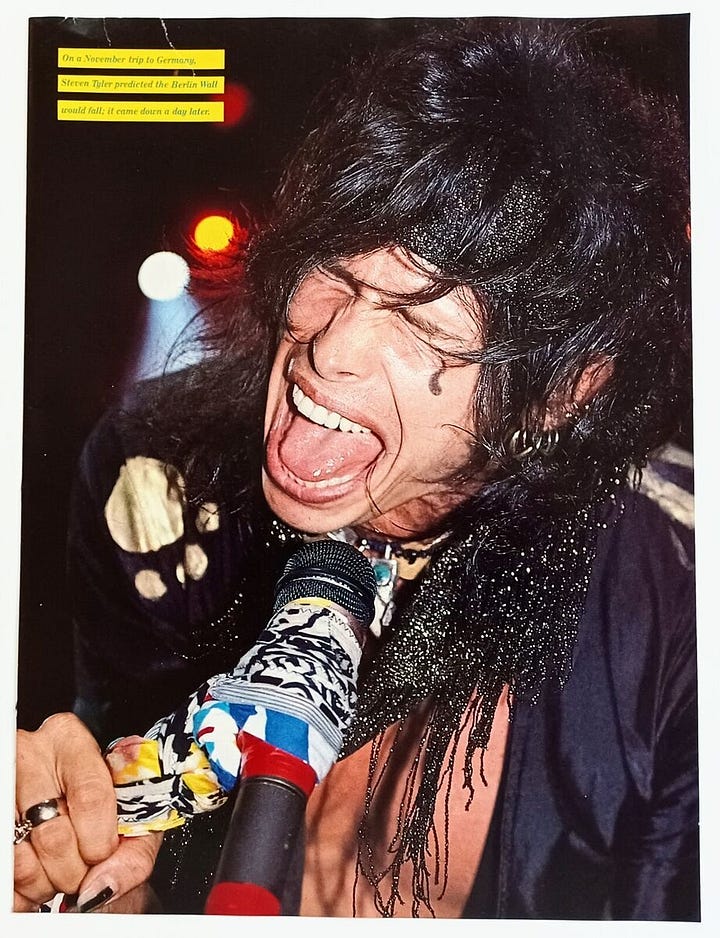
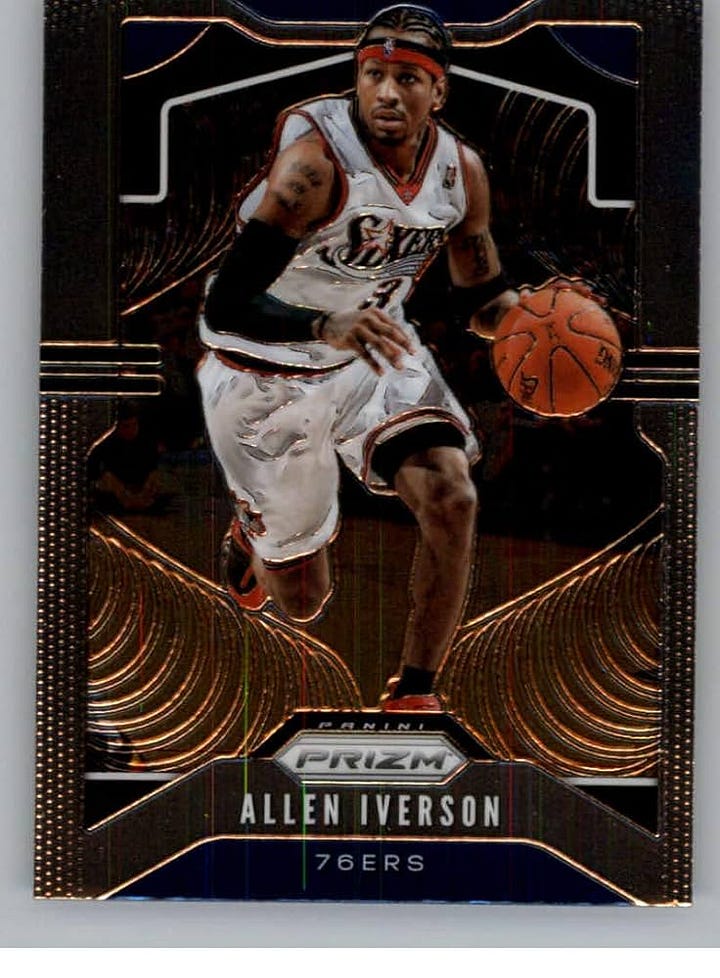
Jim Morrison = Kyrie Irving
This is where things get weird. Jim Morrison and Kyrie Irving are the kind of figures who inspire endless debates — genius or madness? Both are philosophers in their own rights, Morrison with his poetic lyrics and surreal stage antics, Kyrie with his musings on the universe and cryptic comments about flat Earth theories. Watching Kyrie handle the ball is like watching Morrison perform The End — hypnotic, artistic, and just a little bit unsettling. You’re drawn to their brilliance, but you’re also waiting for the inevitable moment when it all spirals out of control.
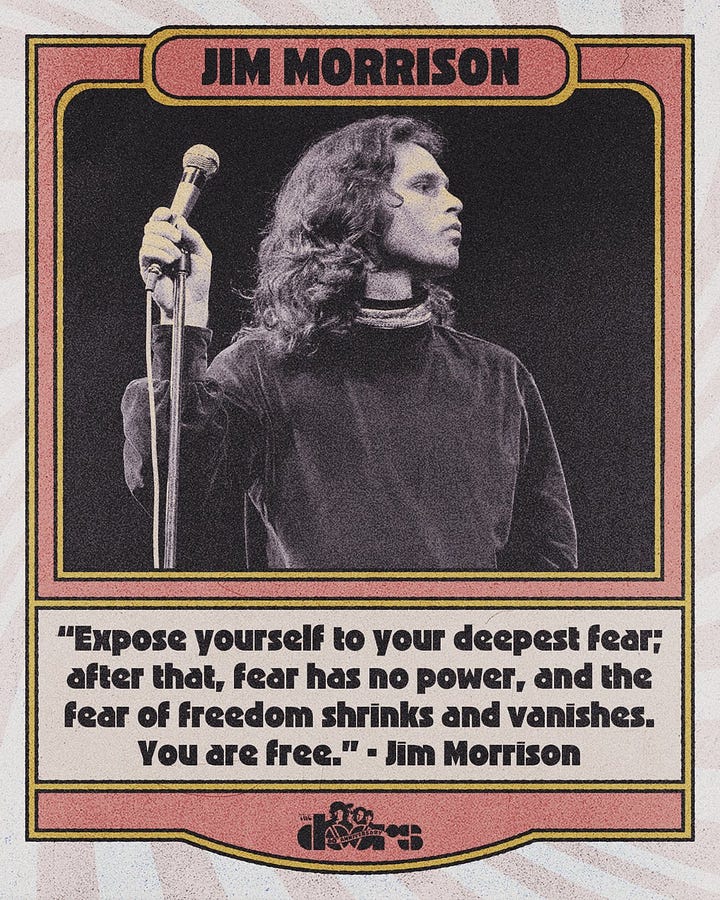
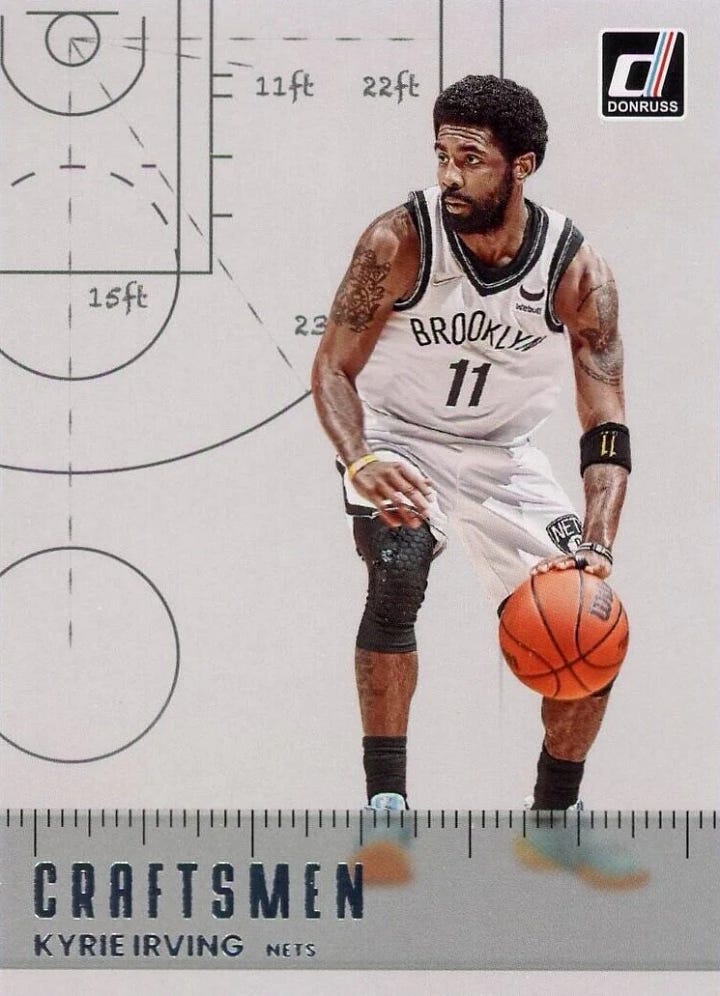
Freddie Mercury = Chris Paul
Freddie Mercury and Chris Paul are perfectionists, pure and simple. Mercury’s vocal range is legendary, just as Paul’s precision as a floor general is unmatched. Neither relies on sheer flash; instead, they operate with a clinical efficiency that elevates everyone around them. Mercury turned Queen’s eclectic sound into universal anthems, while Paul has a knack for making every teammate better. They’re both technical masters, endlessly respected by peers, and their legacies will outlive them by centuries.
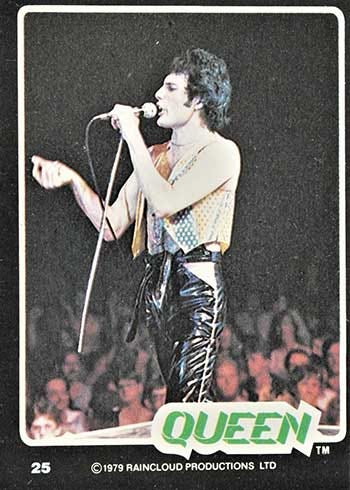

Axl Rose = Russell Westbrook
Axl Rose and Russell Westbrook are storms in human form —explosive, passionate, and, at times, polarizing. Axl’s voice is a feral roar, and his onstage tantrums are legendary; Westbrook’s relentless drive to the basket is equally uncontainable, a furious blur of emotion and athleticism. Both have a tendency to alienate as many people as they inspire, but their sheer talent makes it impossible to look away. Whether it’s Axl belting out Welcome to the Jungle or Westbrook racking up a triple-double, they’re forces of nature who demand attention, even when it’s uncomfortable.

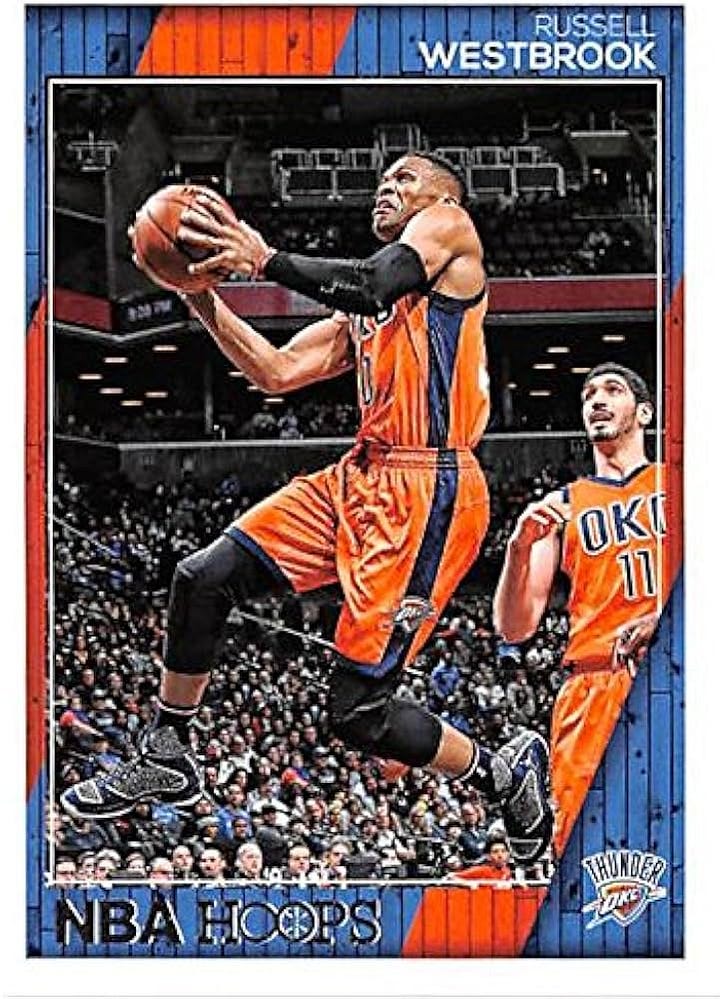
Bono = Steph Curry
At first glance, Bono and Steph Curry might not seem like an obvious match — one’s a sunglass-clad Irish humanitarian, the other’s a grinning, baby-faced assassin on the court. But look closer, and the comparison starts to make sense. Bono and Curry both represent a kind of clean-cut charisma that redefines coolness. Curry’s three-point shooting changed the geometry of basketball, just as Bono’s soaring vocals and stadium-filling anthems elevated U2 to global dominance. Both have an uncanny ability to lead by example, crafting their own unique styles without alienating the masses.
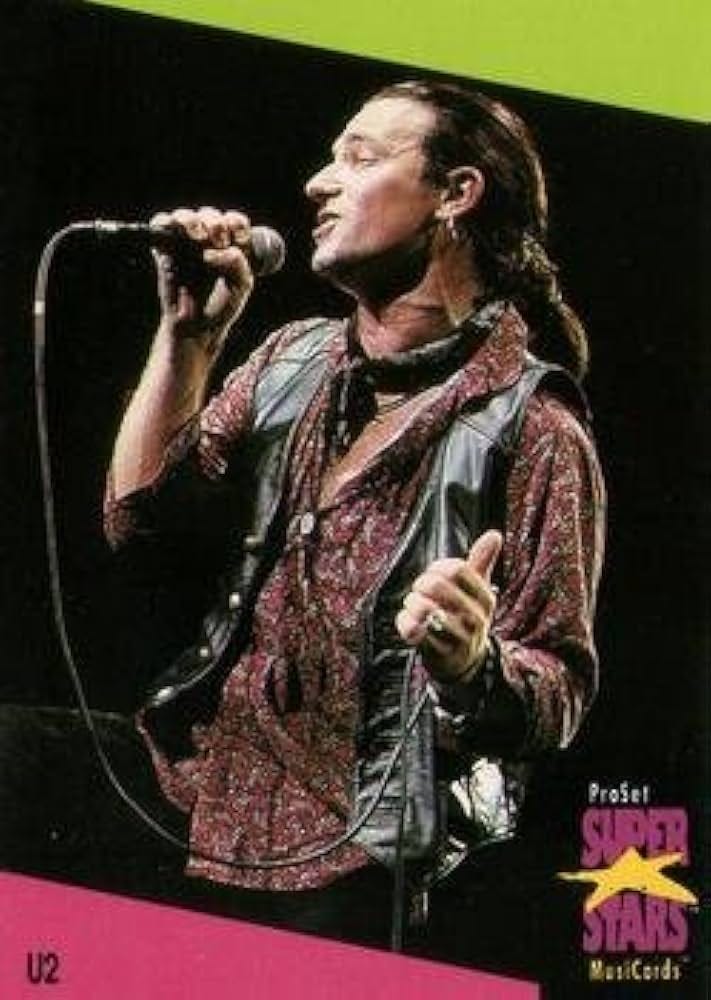
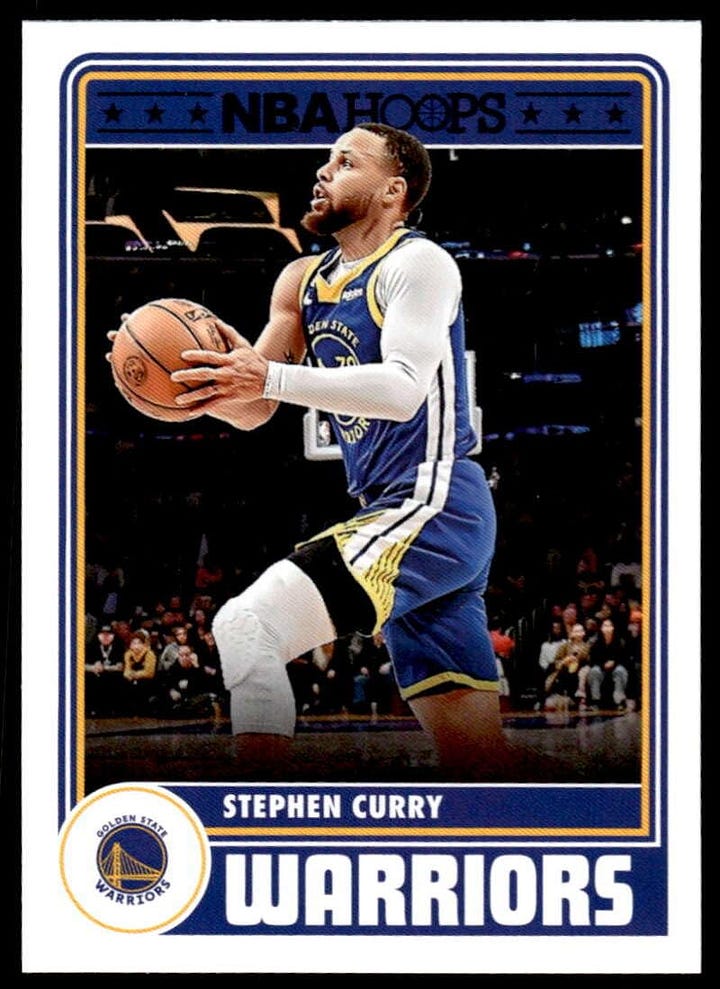
Kurt Cobain = Derrick Rose
Kurt Cobain and Derrick Rose embody the fragile brilliance of meteoric success. Cobain’s haunting lyrics and reluctant stardom made him a symbol of an entire generation, while Rose’s MVP season seemed like the start of something historic. Both men seemed too good for the systems they were in — Cobain for the commercial machinery of the music industry, Rose for the brutal physical toll of the NBA. Their stories are defined by what could have been, but their legacies endure because of what they gave us in their fleeting prime.
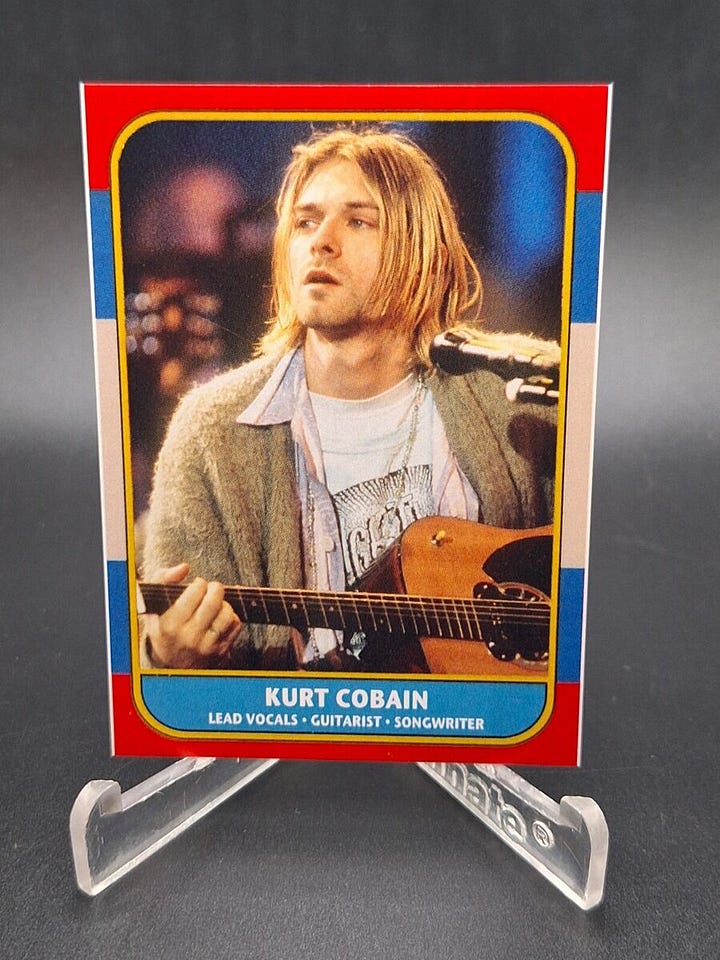
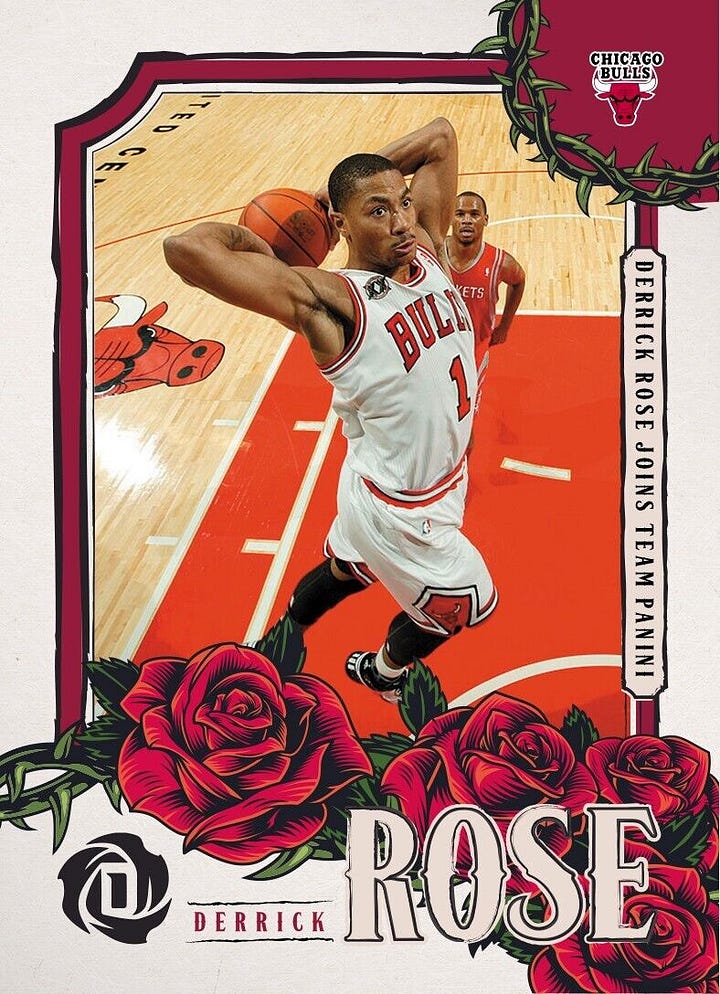
David Lee Roth = Jason Williams (White Chocolate)
David Lee Roth and Jason Williams are wildcards - the ultimate purveyors of style over substance, and we love them for it. Roth’s flamboyant splits and high-kicks are the rock equivalent of Williams’ no-look passes and elbow assists. They’re not necessarily the best at what they do, but they’re definitely the most fun to watch. Both men understand that the real art lies in the showmanship, in making the audience gasp and wonder, “Did they really just pull that off?”
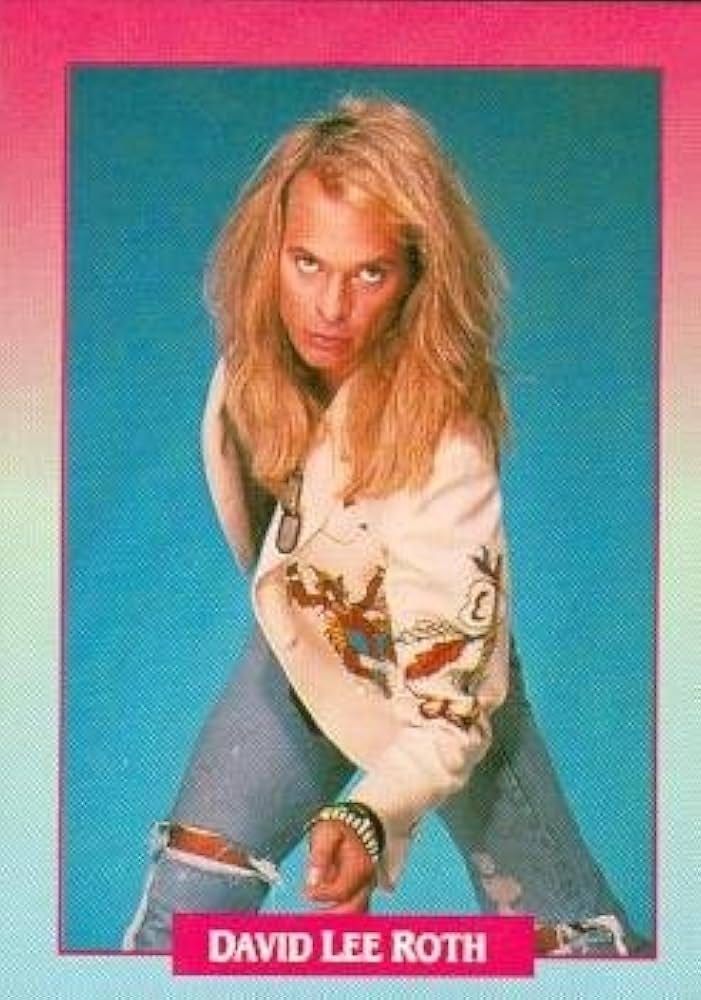
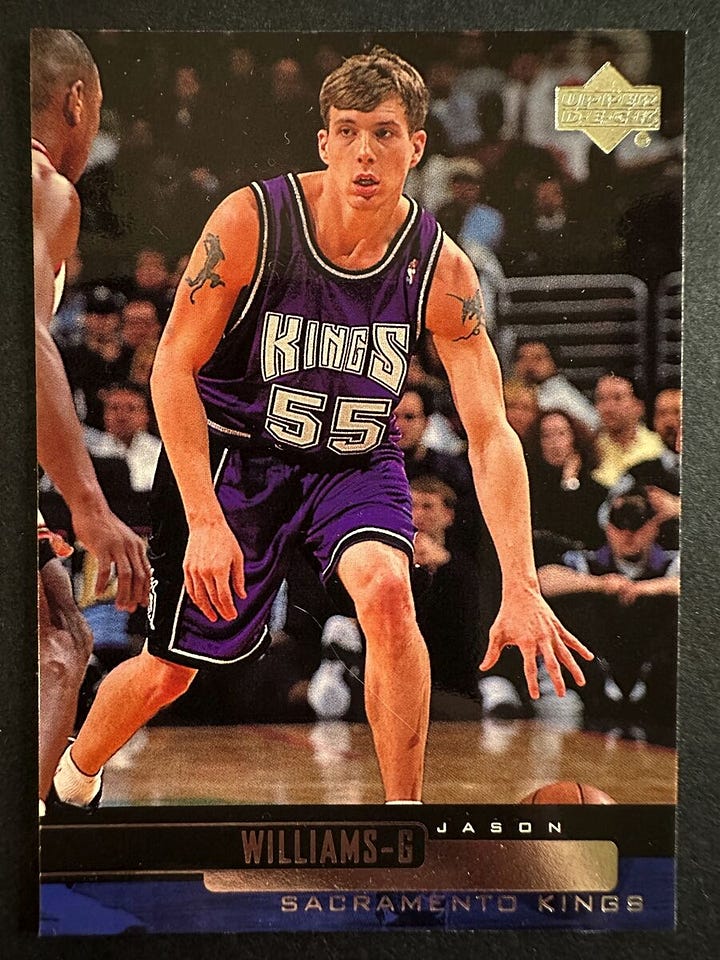
At their core, frontmen and point guards are cultural mirrors - they reflect the zeitgeist while bending it to their will. They don’t just perform; they create experiences. Whether it’s a Mick Jagger shimmy or a Magic Johnson fast break, they remind us that the world is best viewed through the lens of spectacle, where the rules bend and the extraordinary becomes possible. These comparisons aren’t just fun thought experiments; they’re a reminder that greatness is universal, whether it’s in the form of a rock anthem or a behind-the-back assist.



